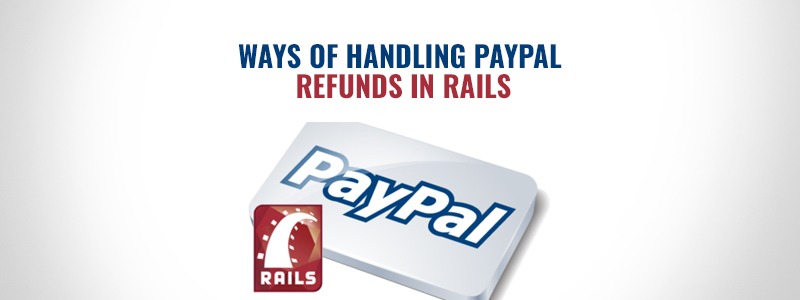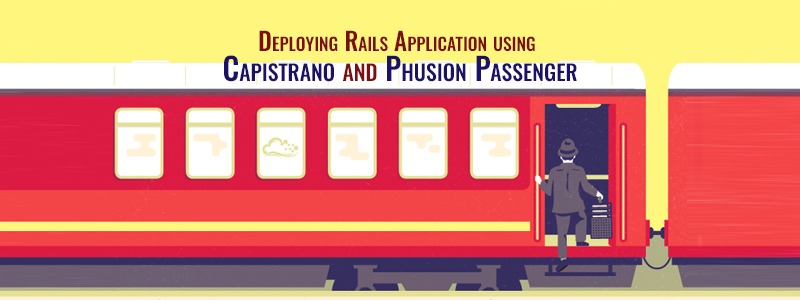PayPal Checkout includes payment solutions ranging from simple to robust that let the merchants as well as developers choose an integration option that can be the best-suited for their website and customers.
In order to integrate Paypal Payment Gateway, we need to do the following:
1. Have a PayPal business or Premier account.
2. Create a PayPal app and get an access token. When we create a PayPal app, PayPal generates a set of OAuth client_id and secret keys for the application. PayPal generates these keys for both the PayPal sandbox and Live environments. To get an access token, pass the client-id:secret credentials in the Authorization header. We use the access token for authentication when we make REST API requests.
3. To perform an end-to-end test of our Express Checkout with In-Context integration, create both merchant and buyer accounts in the PayPal sandbox environment.
https://www.sandbox.paypal.com/in/webapps/mpp/home
Merchant : Select the Business account type and enter an email address and password.
Buyer : Select the Personal account type and enter a high PayPal balance, such as 5000.
Once we create Paypal sandbox account then click on the “Profile” link for that account, look under the tab “API Credentials”. We will have the following information;
- Paypal API Username
- Paypal API Signature
- Paypal API Password
gem 'paypal-sdk-rest'$ bundle installrails g paypal:sdk:install- Refund a completed direct payment (sale)
- Refund an authorized and captured payment (capture)
curl -v https://api.sandbox.paypal.com/v1/payments/sale/CARMAXYZC6136044L/refund
-H "Content-Type:application/json"
-H "Authorization: Bearer Access-Token"
-d '{}'
- pending- The refund is pending.
- completed- The refund has successfully completed.
- failed- The refund failed.
API: https://api.paypal.com/v1/payments/capture/{capture_id}/refundcurl -v https://api.sandbox.paypal.com/v1/payments/capture/CARMAXYZC6136044L/refund
-H "Content-Type:application/json"
-H "Authorization: Bearer Access-Token"
-d '{
"amount":
{
"currency": "USD",
"total": "50.54"
},
"description": "This is the capture refund description."
}'
config/environment/development.rb
config.after_initialize do
ActiveMerchant::Billing::Base.mode = :test
::GATEWAY = ActiveMerchant::Billing::PaypalGateway.new(
:login => "seller_1229899173_biz_api1.xyz.com",
:password => "FXWU58S7KXFC6HBE",
:signature => “AGjv6SW.mTiKxtkm6L9DcSUCUgePAUDQ3L-kTdszkPG8mRfjaRZDYtSu"
)
endgateway.refund nil, 'CARMAXYZC6136044L'gateway.refund 100, 'CARMAXYZC6136044L'def refund(money, identification, options = {})
commit 'RefundTransaction', build_refund_request(money, identification, options)
endGateway.refund(nil,'CARMAXYZC6136044L') => Full Refund.Gateway.refund(798,'CARMAXYZC6136044L') => Partial Refund.- Sign up for a Braintree Sandbox account. https://www.braintreepayments.com/sandbox
- Follow the tutorials; https://developers.braintreepayments.com/start/hello-server/ruby
- Configure the environment and API credentials:
Braintree::Configuration.environment = :sandbox Braintree::Configuration.merchant_id = "use_your_merchant_id" Braintree::Configuration.public_key = "use_your_public_key" Braintree::Configuration.private_key = "use_your_private_key" - Complete the integration and sandbox testing.
- Transaction status must be settled or settling.
- Refund amount cannot be greater than remaining non-refunded amount of the original transaction.
- Transaction cannot be refunded again after being completely refunded.
result = Braintree::Transaction.refund("the_transaction_id")result = Braintree::Transaction.refund("CARMAXYZC6136044L", nil)result = Braintree::Transaction.refund("CARMAXYZC6136044L", "40.00")LUBAIB CEEJEY
Sr. Ruby on Rails Developer
Subscribe For Latest Updates
Related Posts




